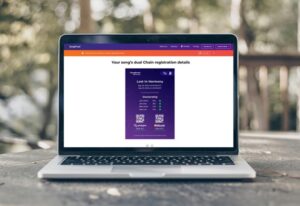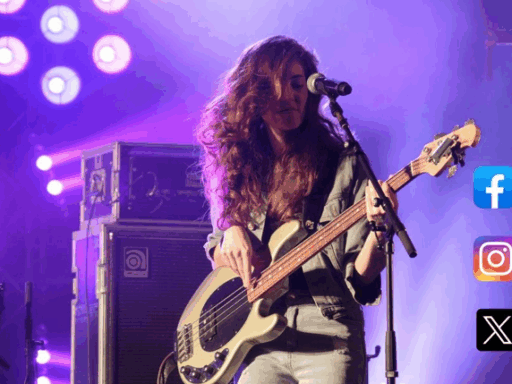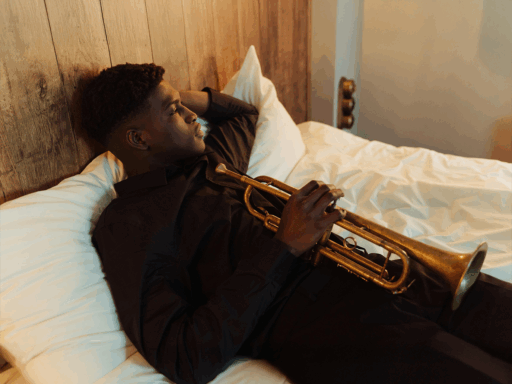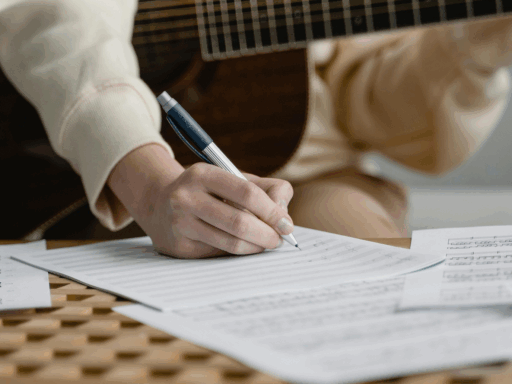If you’re a musician in Canada, the U.S., or just about anywhere in the world, you’ve probably heard of Performing Rights Organizations (PROs) like SOCAN, ASCAP, or BMI. Maybe you’ve also uploaded your track to a streaming platform like Spotify, Apple Music, or SoundCloud and thought, “Great, now it’s officially mine.”
But here’s the truth: neither joining a PRO nor uploading your music to a streaming platform proves that you own your song. These are important steps in your music career, but they don’t protect your ownership rights the way you might think.
Let’s break this down.
Table of Contents:
- What PROs Actually Do
- Why Streaming Isn’t Proof of Ownership
- Where SongProof Comes In
- The Complete Protection Formula for Musicians
- Secure Your Song Ownership Today
1.What PROs Actually Do
A PRO like SOCAN (Canada), ASCAP (U.S.), or PRS (U.K.) exists to collect royalties when your music is publicly performed — whether on the radio, in a bar, on TV, or streamed online.
They make sure you get paid when your song is played in public.
✅ PROs track and collect royalties
✅ They distribute the money to you
❌ They do NOT verify that you’re the legal owner of the song
❌ They do NOT resolve ownership disputes
If two people register the same song with a PRO, the PRO won’t decide who actually wrote it — that’s up to lawyers, contracts, and ultimately the courts.
2. Why Streaming Isn’t Proof of Ownership
Uploading your song to Spotify, YouTube, SoundCloud, or Bandcamp makes it available to the public. It’s great exposure — but it’s not legal proof that you created it.
Here’s why:
- Streaming services don’t timestamp your authorship in a legally verifiable way.
- Anyone can upload a song — even if they didn’t write it.
- Your upload date only shows when it was posted, not when you created the work.
If a dispute arises, a streaming upload is not strong enough evidence in court.

3. Where SongProof Comes In
SongProof fills the ownership gap that PROs and streaming services can’t cover.
When you register a song with SongProof:
- A cryptographic fingerprint of your music is created.
- This fingerprint is timestamped on the blockchain (Bitcoin and Polygon).
- Your original file is stored securely in your private SongProof vault.
- You receive a proof of ownership proving authorship.
This means if someone tries to claim your song as their own, you have legally verifiable evidence.
4. The Complete Protection Formula for Musicians
Think of your music career in two layers:
- Ownership Proof → SongProof ensures you can prove you created the song first.
- Royalties Collection → Your PRO ensures you get paid when your music is played in public.
You need both — one protects your rights, the other pays your bills.

5. Secure Your Song Ownership Today
- PROs = Royalties
- SongProof = Ownership
- Streaming Platforms = Distribution
They’re all important, but they do different jobs. Don’t assume that joining PRO’s or uploading to Spotify makes you the legal owner of your song.
💡 Pro Tip: Protect your track with SongProof first, then register it with your PRO, and only then distribute it on streaming platforms. This way, you have airtight ownership proof and a royalty system ready to pay you.

Protect your first song today with SongProof




